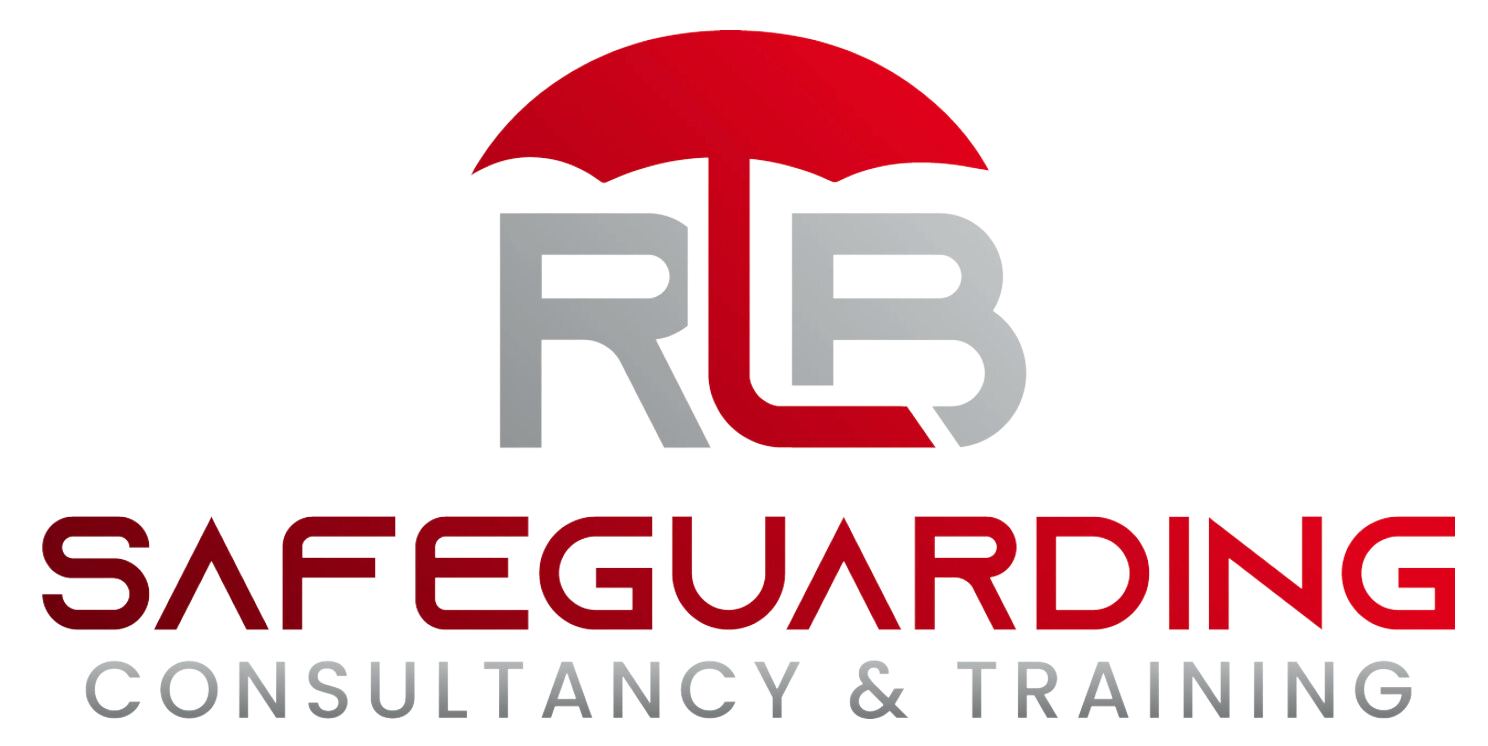Why creating a culture of open mental health conversations in the workplace is important (Guest partner blog)
A guest blog from one of our official company partners, the Founder of Ok Positive- Charlie Winton
Mental Health is a crucial part of everyone's life. We often recognise it as issues or anxiety and then focus on solutions such as mindfulness, yoga or exercise. These are just factors within a much bigger element of our lives.
Mental Health sits above the hierarchy of needs for people. These are a host of situations, our finances, housing, relationships, family, work and physical health. All of these needs factor into our mental health.
This is why it is important to remember this in the workplace. It is always encouraged to bring your whole self to work and be authentic but in reality, until we recognise employees are humans with both internal and external stressors in everyday life, there will always be challenges.
An employee who is underperforming at work and seen as lazy that is struggling with their finances and relationships out of work is not suddenly a poor fit for the business. At the same time an employee who finishes at five and prioritises their family life is not an inefficient member of the team.
With remote and hybrid working this has become a more prominent conversation in workplaces and it is difficult for organisations to understand the boundaries and how to manage mental health conversations in the workplace. Mental Health First Aid has raised awareness and encourage a safe space for employees to speak to their colleagues and it will be interesting to see the impact of this initiative over time.
What we have found is increasing psychological flexibility within a workplace is a very effective way to reduce the stigma of mental health within a workplace. If employees are struggling and not speaking openly to find solutions to these challenges, they will get worse.
Opening up ways for employees to discuss challenges within the workplace is a great way to encourage psychological flexibility. Uncomfortable conversations to encourage teams to discuss solutions is a good example of this. Individuals journalling and recognising how projects, deadlines and targets are affecting them and their business units while coming together to outline ideas to improve processes are a great way to encourage collective responsibility.
All stakeholders within a business have a responsibility to have open conversations on how work is progressing and how best to move forward. This along with effective support mechanisms to encourage employees to maintain their mental health outside of work are two methods we have seen being successful in organisations.
We should not be afraid to have open conversations about mental health. We are all human at the end of the day.
About OK+
Mental health wellbeing is at the forefront of OK Positive. Their mission is to improve upon wellbeing within the workplace by providing tools to help people develop their self-awareness and resilience, and to also create a safe space for people to give real-time continuous feedback. Which ultimately allows the organisations to act upon that feedback. OK Positive uses the Acceptance and Commitment Therapy (ACT) approach, which focuses on being aware and accepting of uncomfortable feelings or situations, and being open minded so that people can engage with these feelings and make decisions based upon their own values. It provides an opportunity for organisations to consider their employees challenges and build a happier and healthier workplace. For more information about OK Positive, follow the link bellow: https://www.okpositive.org/
